Tuesday, April 23, 2024
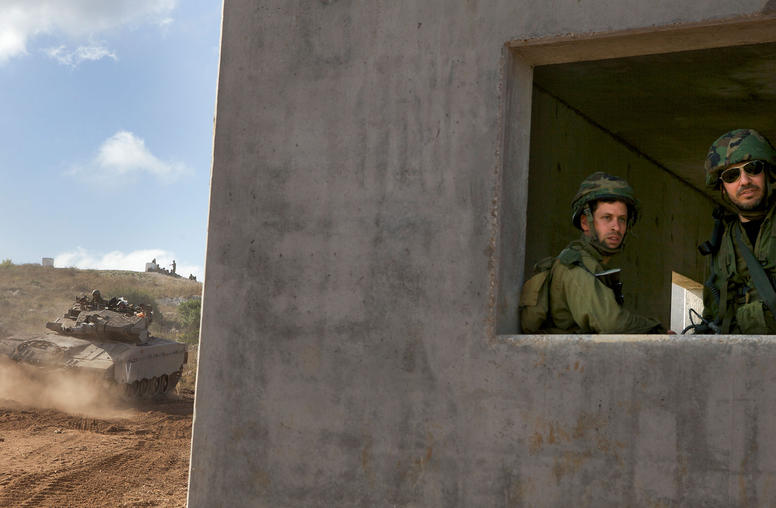
Despite Threats, Hezbollah Unlikely to Hit Israel Now
The Lebanese militia Hezbollah's intensifying threats against Israel, such as warnings that the group could cause massive casualties by striking Haifa’s ammonia facilities, probably are less dangerous than they appear. While an outbreak of fighting between the two antagonists is always possible, for now Hezbollah has little motive to disturb the unspoken rules that govern their enduring conflict.
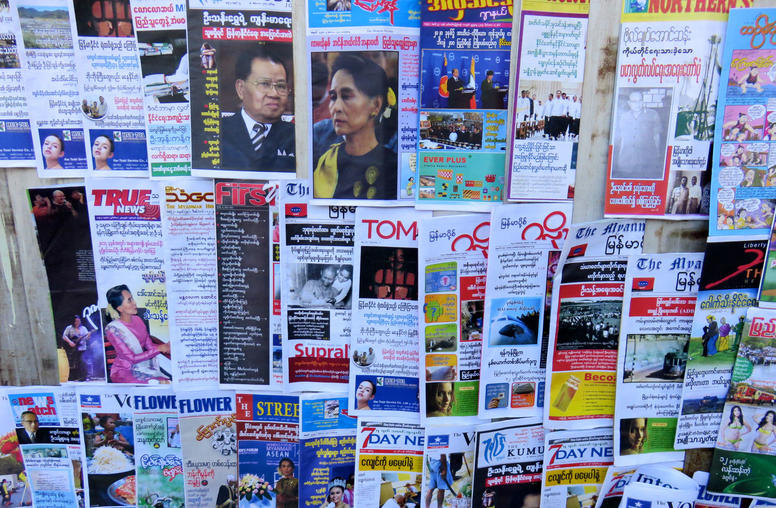
Burma One Year After Suu Kyi Victory (Video)
The United States needs to combine firm backing for democratic progress and human rights in Burma with a rigorous understanding of the country’s many divisions, to help ensure its development stays on track, says Derek Mitchell, a former U.S. ambassador there and now a senior advisor at USIP. He spoke in a videotaped conversation with USIP President Nancy Lindborg. They were wrapping up a week-long visit that included a meeting with now-State Counsellor Aung San Suu Kyi, whose party took power in March 2016 after 50 years of military rule.
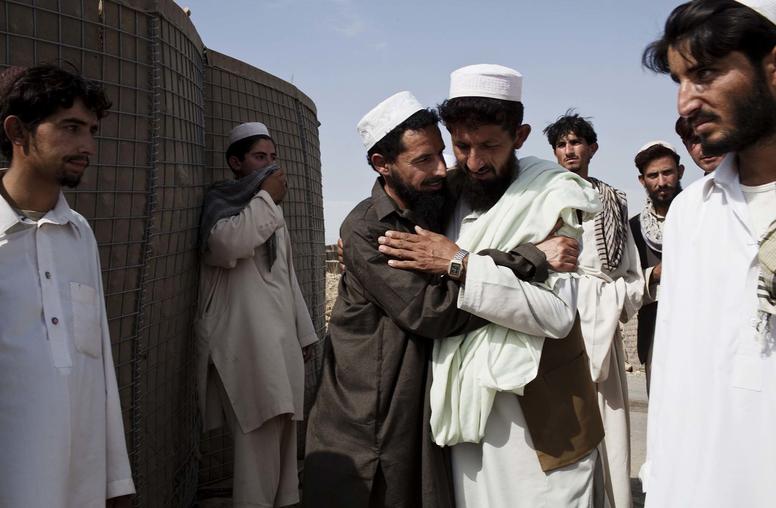
Sustaining a Hope for Afghan Peace
After 16 years of war in Afghanistan, is a door opening for a peace process? The Afghan government and the Taliban insurgents both publicly offered peace talks last month, although the Taliban insist they want to negotiate with the United States and not with the internationally recognized government in Kabul. Past moments of hope for an Afghan peace process have been dashed by missed opportunities and difficult politics on all sides.
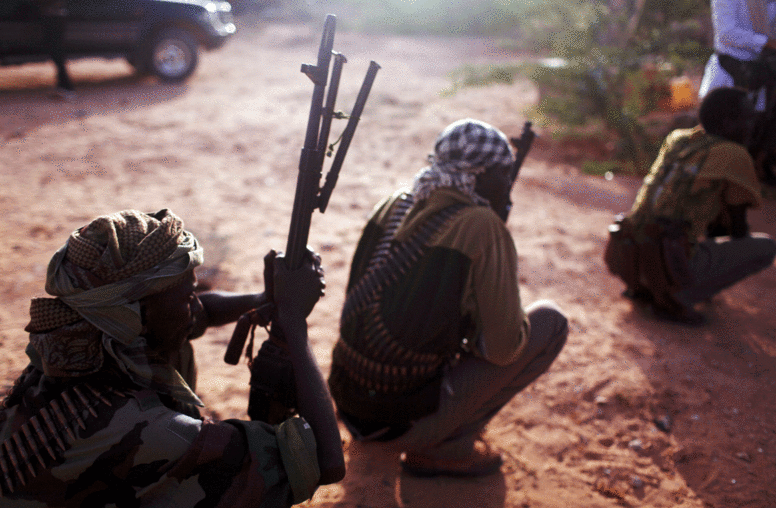
A Way Forward for the U.S. Government in Fragile States
Around the world, some countries suffer recurring bad fortune such as repeated famines, violence, and instability. For instance, Somalia has suffered multiple famines in the last decade, exacerbated by recurring terrorist attacks from al-Shabaab and a weak government that struggles to provide access to schools and health services. Elsewhere, Pakistan has been victim to numerous earthquakes that kill thousands in addition to persistent skirmishes with India, terrorist attacks and tensions with the United States over terrorist safe havens.
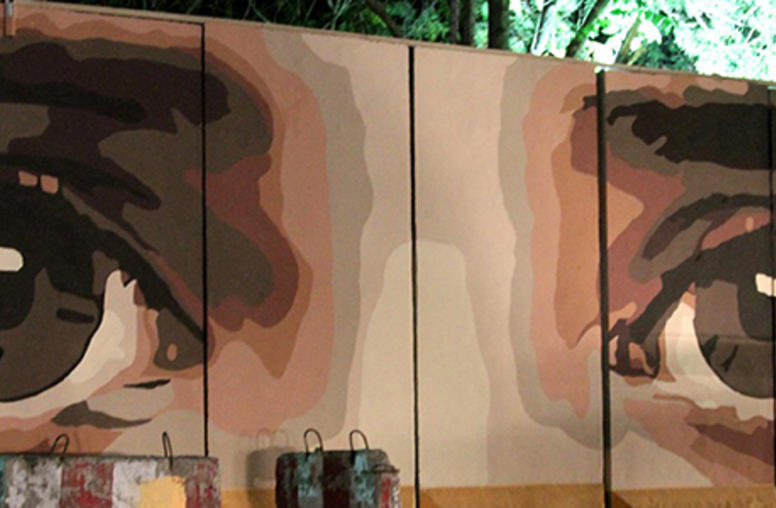
Deploying Art Against War
Artists and peace advocates are using public art to oppose violence, notably in Afghanistan, Pakistan and the Middle East. The results have varied, advocates say, but the art campaigns have worked to undermine extremists’ calls to violence, and helped communities heal the divisions of war. They have ignited public discussion of local conflicts and even triggered peacebuilding efforts. Art campaigners and peace advocates who have worked across the Middle East and South Asia discussed the uses—and the limits—of public art as a peacebuilding tool, in a recent forum at USIP.

In Pakistan, Women Combat Gender Violence through Art
In Pakistan, a series of vibrant murals has gone viral, inciting discussion, online and in city streets, about gender-based violence and discrimination. Young women artists changed the landscape of the country’s largest cities as they worked with communities to turn local people’s stories into art that claims public spaces for messages of tolerance and peace.
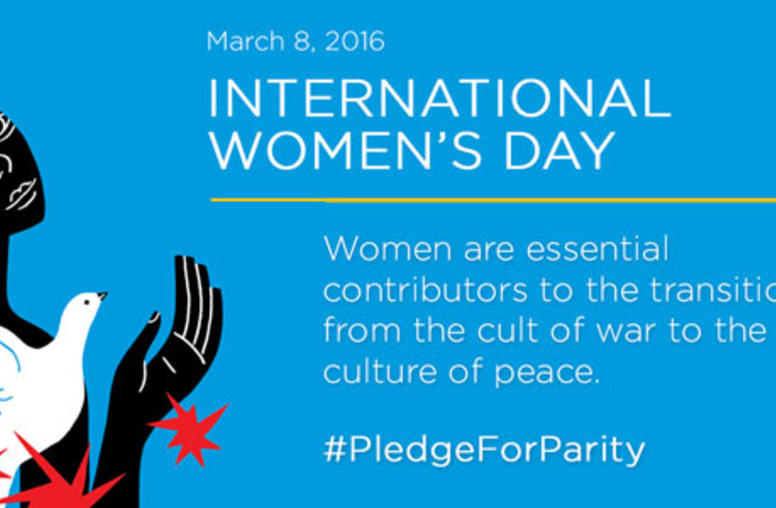
Women Charting a New Course on Peace and Security
The fact that Afghanistan’s parliament has 69 female members, 27 percent of the total, illustrates the advances, albeit still tenuous, that are possible with determined efforts to support the protection and empowerment of women. At the same time, women worldwide still suffer disproportionately from conflict and violent extremism. In the run-up to International Women’s Day on March 8, USIP has collected statistics and the observations of global leaders to illustrate hard-won achievements and the devastating gaps that remain.
Syria Dialogue Gets Results in Push for Local Peace
The crosscurrents of conflict lay just beneath the surface when 14 religious, tribal and civic leaders from the al-Qahtaniya area of northeastern Syria first met last summer, brought together by a USIP project to ease communal tensions. By the time they and others reconvened four months later, the diverse group had shepherded the return of 100 families and won the reopening of a road vital to reaching markets nearby. In one corner of northern Syria, the threat of violent local conflict had receded.
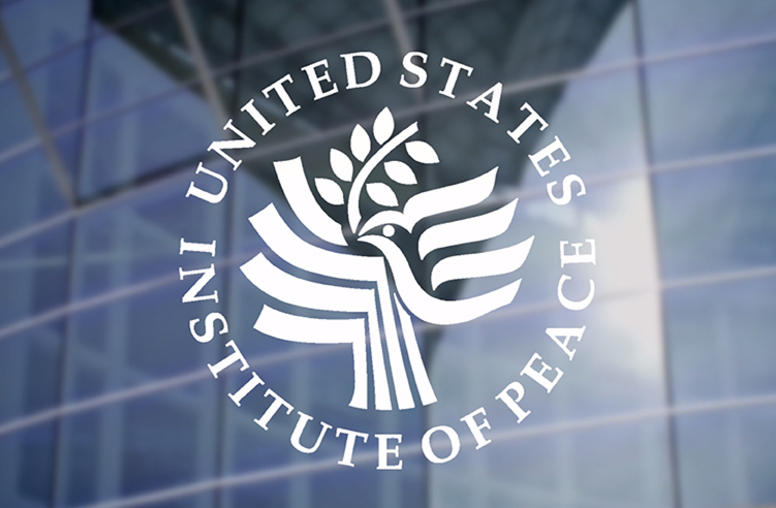
2015: War and Tide of Refugees Multiplies Urgency of USIP's Work
As the world this year saw its highest tide ever of people displaced by war, violence or persecution, the U.S. Institute of Peace has reinforced its work in the field to help reduce violence and its threat to U.S. and global security. “Our mission has never been more urgent,” says USIP President Nancy Lindborg in a video that highlights USIP’s work worldwide.
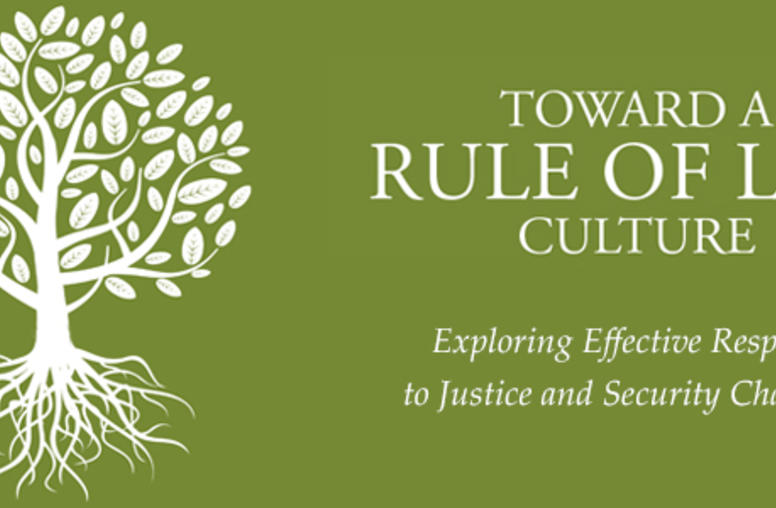
Rule of Law From the Inside-Out
In the volatile environment of policing in Nigeria, Chief Superintendent Ibrahim Yidi and his officers in the country’s Economic and Financial Crimes Commission are taking a new tack. They’re slowly shedding what he calls their “superiority syndrome” and treating citizens and suspects alike with dignity, respect and professionalism. And he’s working to strengthen processes like police recruitment. Yidi undertook the initiatives as a result of a USIP course that takes a unique approach to rule of law reform, a methodology outlined in a guide just published in three languages.
